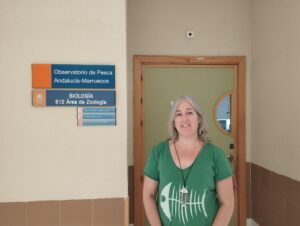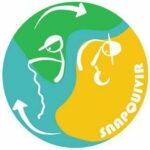Instituto Español de Oceanografía (IEO-CSIC)
Marcos Llope is a researcher at Spanish Institute of Oceanography. He is interested in how marine ecosystems respond to climate and fishing and how this knowledge can contribute to the development of Ecosystem-Based Management (EBM). Over the years he has had the opportunity to work on a number of European marine systems: the Bay of Biscay, the North Sea, the Black Sea and the Baltic Sea, where he looked into ecological properties such as the likelihood of regime shifts or their resilience (see publications here). Currently, his research focusses on the Gulf of Cadiz – Guadalquivir estuary (SNAPQUIVIR) and the Canary Current large marine ecosystem (MISSION ATLANTIC) and has taken an explicit socio-ecological perspective. Marcos is also involved in international organisations and committees, such as ICES, IPBES, EMB or the EU SFPA JSC. Being at the interphase between science and policy these platforms provide a way to turn science into advice, have an impact on society and (hopefully) on the sustainable use of our oceans.
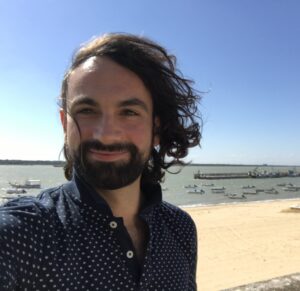
Alfredo García de Vinuesa holds a postdoctoral position within SNAPQUIVIR. He has worked over a decade on the impacts of fishing on marine habitats and has experience in participatory management (co-management) of marine resources. Alfredo has carried out the first Social Network Analysis (SNA) of the Guadalquivir estuary -Gulf of Cadiz coupled social system (García de Vinuesa et al., 2022).
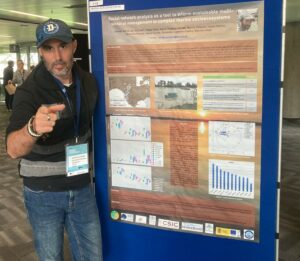
From an originally aquaculture background, Marina Delgado has become the Gulf of Cadiz expert in shellfish fisheries and Doñana’s intertidal ecology (VENUS project).
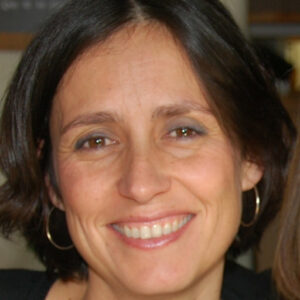
Fernando Ramos is the Gulf of Cadiz anchovy (and other pelagics) stock assessor and he is recognised as the most experienced fisheries scientist in the Gulf.
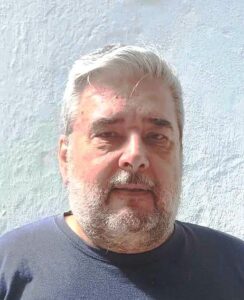
Marián Torres developed the first Ecopath model for the Gulf of Cadiz (GoC) during her PhD, and MAR models for the Baltic Sea during her postdoc. After her reintegration in IEO, she focused on the biological aspects and socio-economic impacts of recreational fisheries in the GoC.
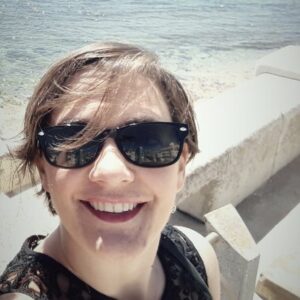
Isabel Muñoz: Taxonomist in decapods and curator of the collection of Decapod and Stomatopod Crustaceans CCDE-IEOCD. The aims of this collection is to conserve, to advance in the knowledge of this taxon, to study the biodiversity of some regions of Africa. She is Phd student in Brachyuran crabs of Africa, from two points of view, the morphology and the genetic.
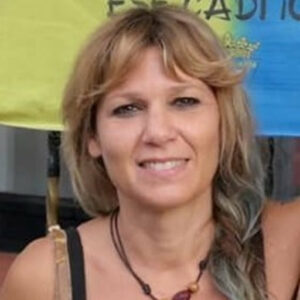
Instituto Andaluz de Investigación y Formación Agraria, Pesquera, Alimentaria y de la Producción Ecológica (IFAPA)
Cesar Vilas‘ research interests are coastal and marine ecology, and fisheries management based on ecological knowledge. After more than 20 years of conducting research in the Guadalquivir estuary, César is probably the scientist that knows best the ecology, biodiversity and nursery role that this ecosystem plays in the Gulf of Cadiz, of vital importance for the GoC fisheries. César is the coordinator of the Long Term Ecological Research program 1997-2022 in the Guadalquivir estuary.
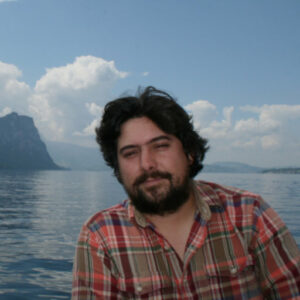
Universidad de Sevilla (US)
The social sciences SNAPQUIVIR team is led by David Florido, who has examined the anthropology of fishing, together with the relational dynamics that condition fishing activity. In 2018, David together other colleagues, proved the importance of the strategic knowledge owned by artisanal fishers on the ecosystem dynamics of the Guadalquivir estuary. His work combines Social Network Analysis (SNA) and ethnography.

Universidad de Cádiz (UCA)
Remedios Cabrera-Castro: has strong links with the aquaculture sectors due to her research (Muñoz-Lechuga et al. 2018) and her involvement in the masters’ course fisheries & aquaculture where the sector participates. Her current research focusses on the effects of discards (landing obligation) on seabirds (ECOFish project) and sustainability shellfish collection around Cadiz. She has been designated the gender dimension team member and will take care of gender issues both from the scientific and contribution perspective.
